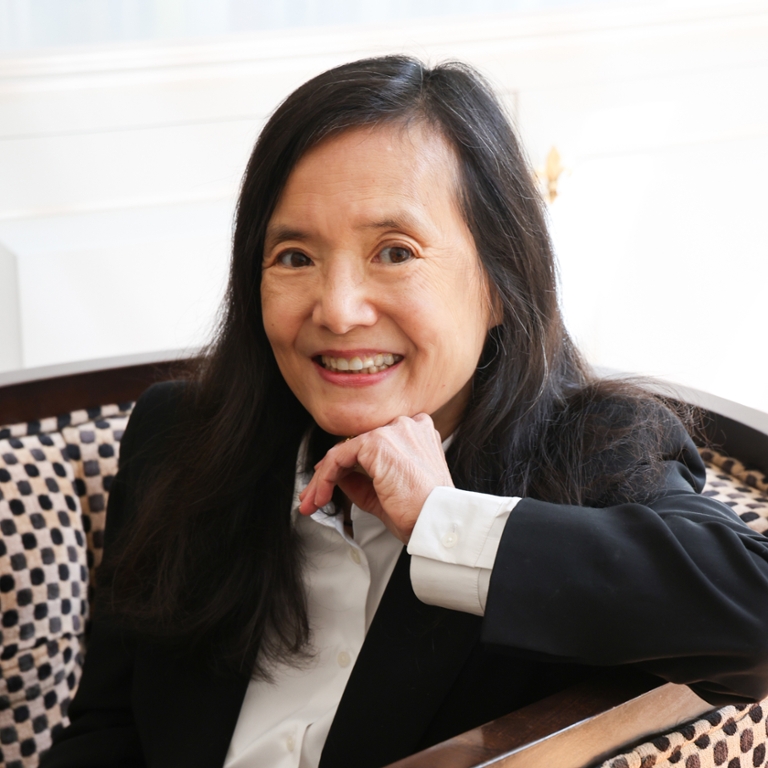Biography
Noriko Manabe is professor of music in music theory and chair of the Music Theory Department at the Indiana University Jacobs School of Music. She is also affiliated faculty for IU’s Folklore and Ethnomusicology Department, East Asian Languages and Cultures Department, East Asian Studies Center, Cultural Studies Program, and the Center for Research on Race & Ethnicity in Society. She previously served on the standing faculty in music theory at Temple University and in music at Princeton University. She holds a Ph.D. with a double concentration in ethnomusicology and music theory from CUNY Graduate Center.
Manabe’s research centers on 1) music and social movements; 2) music and language; 3) popular music; and 4) the music industry. Her work blends musical analysis with ethnography, linguistics, and the social sciences. Her prize-winning monograph, The Revolution Will Not Be Televised: Protest Music After Fukushima (Oxford University Press, 2015), addresses the obstacles that musicians face in political messaging and how they express themselves in the performance spaces of cyberspace, demonstrations, festivals, and recordings. She is writing a second monograph on intertextuality in protest music, and The Oxford Handbook of Protest Music (which she co-edited with Eric Drott) is in press.
Manabe is interested in the popular and art musics of Latin America and the Caribbean, particularly in Cuba, Puerto Rico, Jamaica, and Mexico, as well as their diasporas. She has published on the songs of Cuban singer-songwriter Silvio Rodríguez; the reinterpretation of the Cuban son in settings of Nicolás Guillén’s Motivos de son by Cuban composers Eliseo and Emilio Grenet, Alejandro Garcia Caturla, and Amadeo Roldán; and Cuban zarzuelas. She continues to be interested in the popular and art musics of the region. A list of her publications with links can be found
here.
Manabe has served on the editorial or advisory boards of the Journal of the American Musicological Society, Twentieth-Century Music, Music Analysis, and Music and Politics, and the book series SOAS Musicology (Routledge) and Music and Politics (Routledge). She is a contributing editor for the Asia-Pacific Journal. She is series editor for 33-1/3 Japan, a series of books on Japanese popular music from Bloomsbury Publishing and an extension of its popular 33-1/3 book series.
